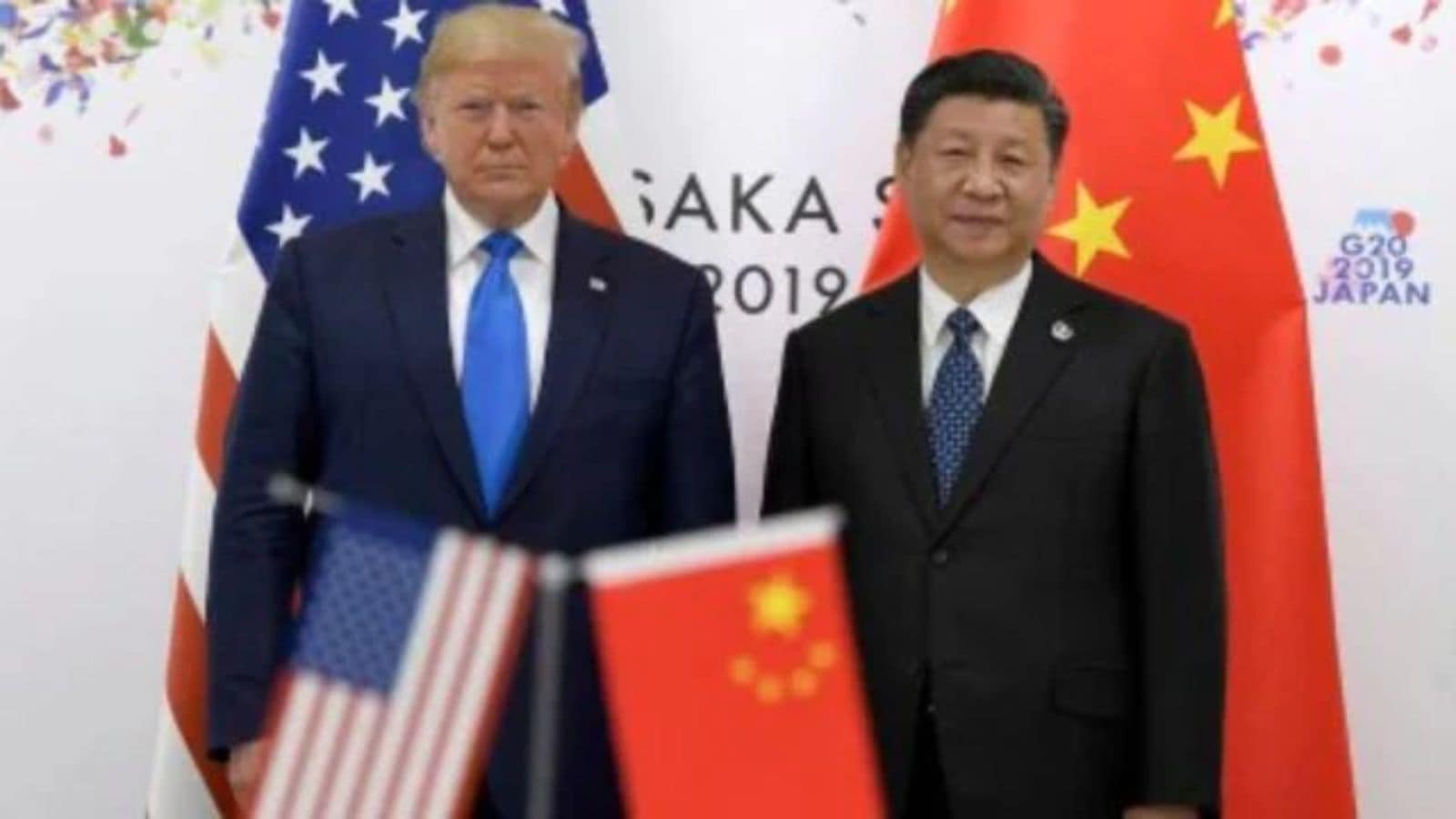 |
|
The recent decision by China to suspend additional tariffs on US goods for another 90 days, following President Donald Trump's executive order extending the tariff deadline on Chinese imports, marks a significant, albeit temporary, reprieve in the ongoing economic tensions between the world's two largest economies. This reciprocal action, announced by the Chinese Commerce Ministry through official channels like Xinhua, suggests a willingness on both sides to de-escalate trade hostilities, at least in the short term. The extension, confirmed by Trump himself via his Truth Social platform, underscores the complexities and nuances of international trade negotiations, where brinkmanship and strategic pauses often play crucial roles in shaping outcomes. The phrase “all other elements of the Agreement will remain the same” suggests the existing framework of negotiations and prior agreements remain in effect. However, one should also consider the broader geopolitical landscape in analysing this decision. Multiple factors drive these actions. Domestically, both leaders face pressures to maintain economic stability and foster growth. Trump's administration, whilst taking a protectionist stance, must also ensure American businesses can access essential goods and services from China. Conversely, China needs to protect its export-oriented industries and attract foreign investment. Therefore, a prolonged trade war damages both economies. From an international relations perspective, the US and China are locked in a complex relationship characterized by competition and cooperation. While trade disputes often take center stage, the two nations also engage in dialogue on issues like climate change, denuclearization of the Korean peninsula, and global health crises. The suspension of tariffs could be interpreted as a gesture of goodwill, creating a more conducive environment for addressing these broader global challenges. Furthermore, the 90-day extension could create an opportunity for a summit between Trump and Chinese President Xi Jinping. Such a high-level meeting would provide a forum for direct communication and negotiation, potentially leading to a more comprehensive and lasting resolution to the trade dispute. However, the path towards a lasting agreement is fraught with challenges. The underlying issues that sparked the trade war in the first place – including intellectual property theft, forced technology transfer, and market access restrictions – remain unresolved. Both sides also have different priorities and objectives, making it difficult to find common ground. Political considerations also weigh heavily on the negotiations. Trump's “America First” agenda and his tough stance on trade have resonated with certain segments of the American electorate. Similarly, the Chinese government is under pressure to defend its economic interests and maintain its status as a global power. Navigating these political sensitivities requires skillful diplomacy and a willingness to compromise. In conclusion, the suspension of tariffs represents a welcome step towards de-escalating trade tensions between the US and China. However, it is only a temporary measure. A more comprehensive and lasting solution requires addressing the underlying issues that sparked the trade war in the first place, as well as navigating the complex political dynamics on both sides. A summit between Trump and Xi Jinping could prove to be a crucial opportunity to achieve this goal.
Source: China suspends tariff on US goods for 90 days after Trump extended Beijing’s tariff deadline
